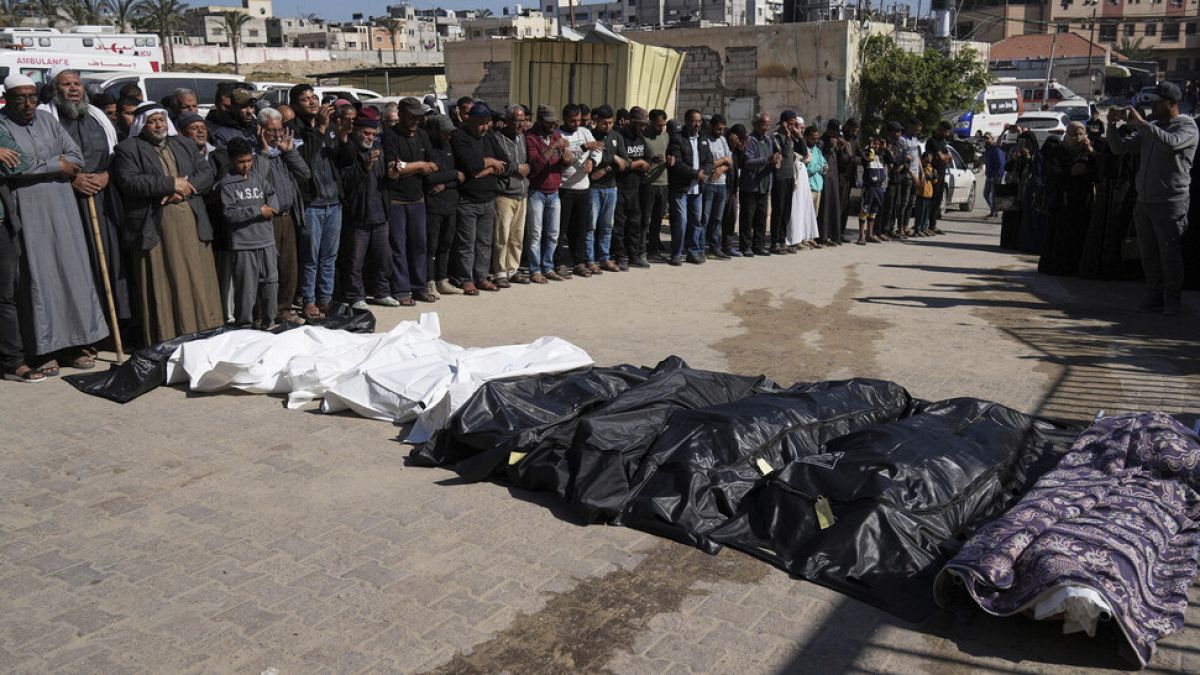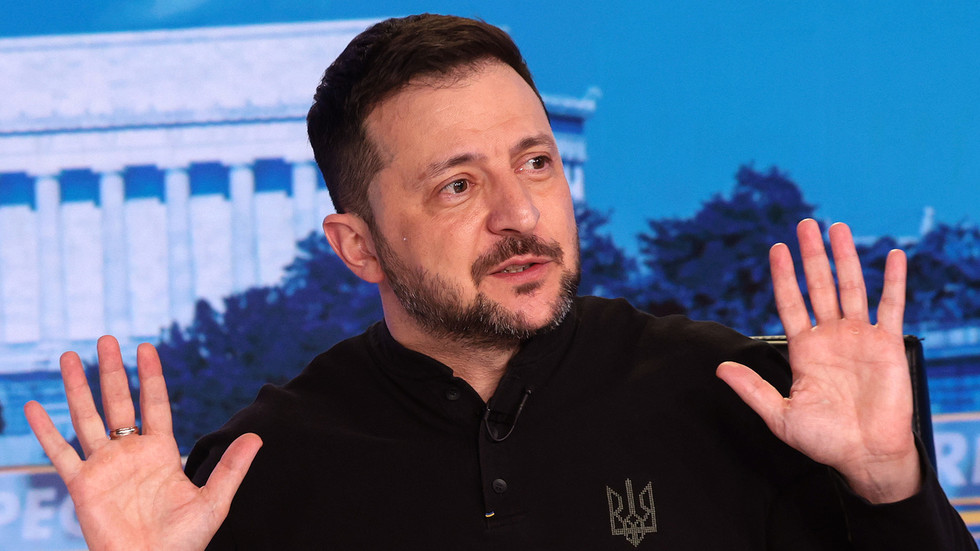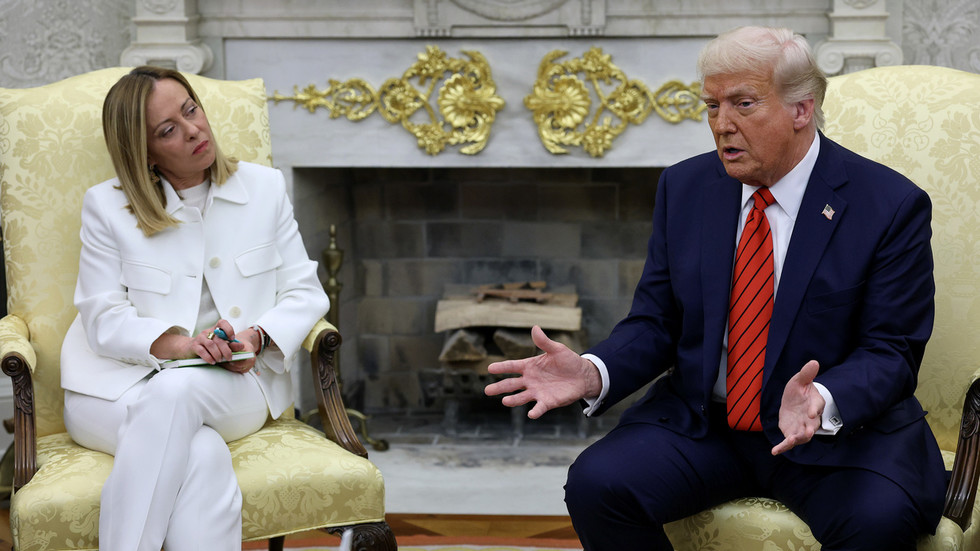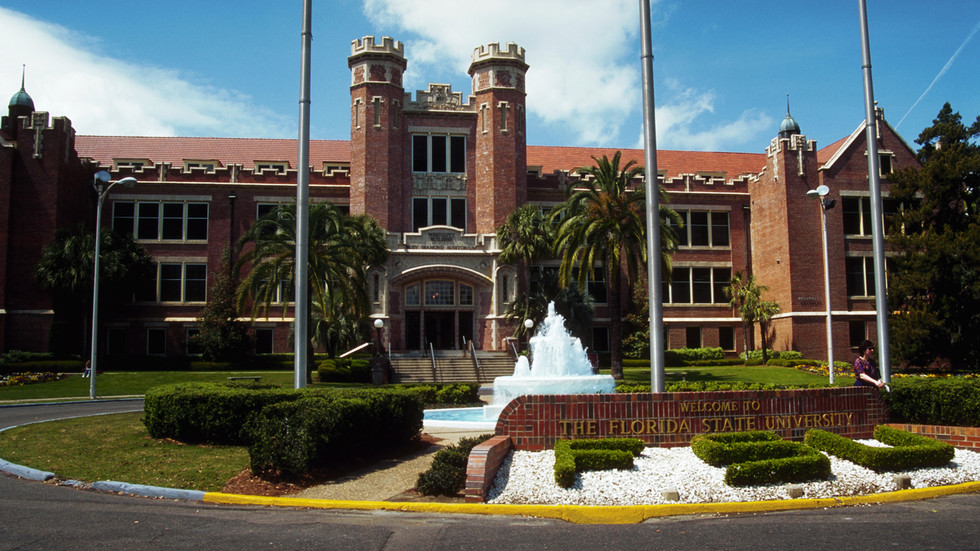A significant majority of Hungarians support the tightening of drug laws, according to a recent Europion survey. Only 12% oppose the changes, while two-thirds clearly back the government's new package, which increases penalties and limits access to diversion programs.
A vote-gaining exercise?
In recent weeks, police have conducted a series of raids under the banner of the war on drugs. However, according to drug policy expert Péter Sárosi, founder of Drogriporter, the government's push to further tighten what is already one of the EU’s strictest drug laws seems more like an election promise than an effective strategy for addressing the issue.
"There are effective prevention programmes, it makes sense to invest in treatment for people struggling with drug addiction, it makes sense to create community programmes. These things are lacking in Hungary, there is no money for them, there is no support," explained Sárosi, who said the literature on the subject clearly shows that increasing the severity of the measures does not have a crime-preventing effect.
What’s happening in Hungary, he said, is more a case of penal populism - a vote-winning strategy rather than a genuine solution to the problem.
People living in extreme poverty are the most at risk
Drugs are one of the most visible issues in Hungary’s poorest rural areas, where many people turn to cheap, synthetic, and highly harmful substances as a way to escape harsh realities. Last week, Prime Minister Viktor Orbán visited one such area—South Heves, which has been heavily affected by the crisis.
"You know that there is a problem, because these drugs that are destroying our children and even adults are proliferating. Especially in this area. And I'm working to stop that. That's why I'm here, to eradicate it," Orbán said in Tarnazsadany during a joint visit with Hungary's prime minister. In the village, several residents told us that the recent raids had taken dealers off the streets, and as a result, locals were no longer using drugs.
"I don't think anybody will risk getting 10 years to keep and sell these drugs," said one woman, while a man said he was glad the drug dealers had disappeared.
"I saw in the pub at the weekend that they are now drinking. They were gathered together, talking, and then they were drinking. I'm really glad that they've stopped having that crystal and everything. There really aren't any drugs in Tarnazsadány, you can't find them anymore," he said.
Many people are afraid of dealers
Others admitted that there are still dealers in the municipality, but they dare not speak about them publicly because they are afraid of them. However, many of them are known by name.
The situation is similar in many villages in the area. We also met an addict in Tarnaörs, who asked to remain anonymous, but told us that it costs about a thousand forints (€2,48) a dose of the drug he uses. Another local told us that 11 people are now dealing drugs in the town of about 1800 inhabitants. While some dealers are arrested and sent to jail, new ones quickly step in to replace them.
According to Péter Sárosi, the problem of drug addicts living in extreme poverty can only be tackled by a comprehensive programme.
"Designer drug use is practically a symptom in these poor small towns. Drug use is an escape from lack of perspective, poverty, abject poverty, exclusion. If we want to do something about it, we should tackle the problem at its root. We should, for example, offer young people prospects, so that they have a vision for the future, so that they can continue their education and have points of exit from the abject poverty in which they find themselves. Housing poverty should also be addressed. There should also be more young people who can spend their free time in a structured and meaningful way," the expert said.
In recent days, we have repeatedly contacted the government commissioner for drugs, László Horváth, to ask whether the government plans to address the social situation that leads to drug use, in addition to raids. But the politician refused to be interviewed, as did the police.

 1 week ago
8
1 week ago
8






 We deliver critical software at unparalleled value and speed to help your business thrive
We deliver critical software at unparalleled value and speed to help your business thrive






 English (US) ·
English (US) ·